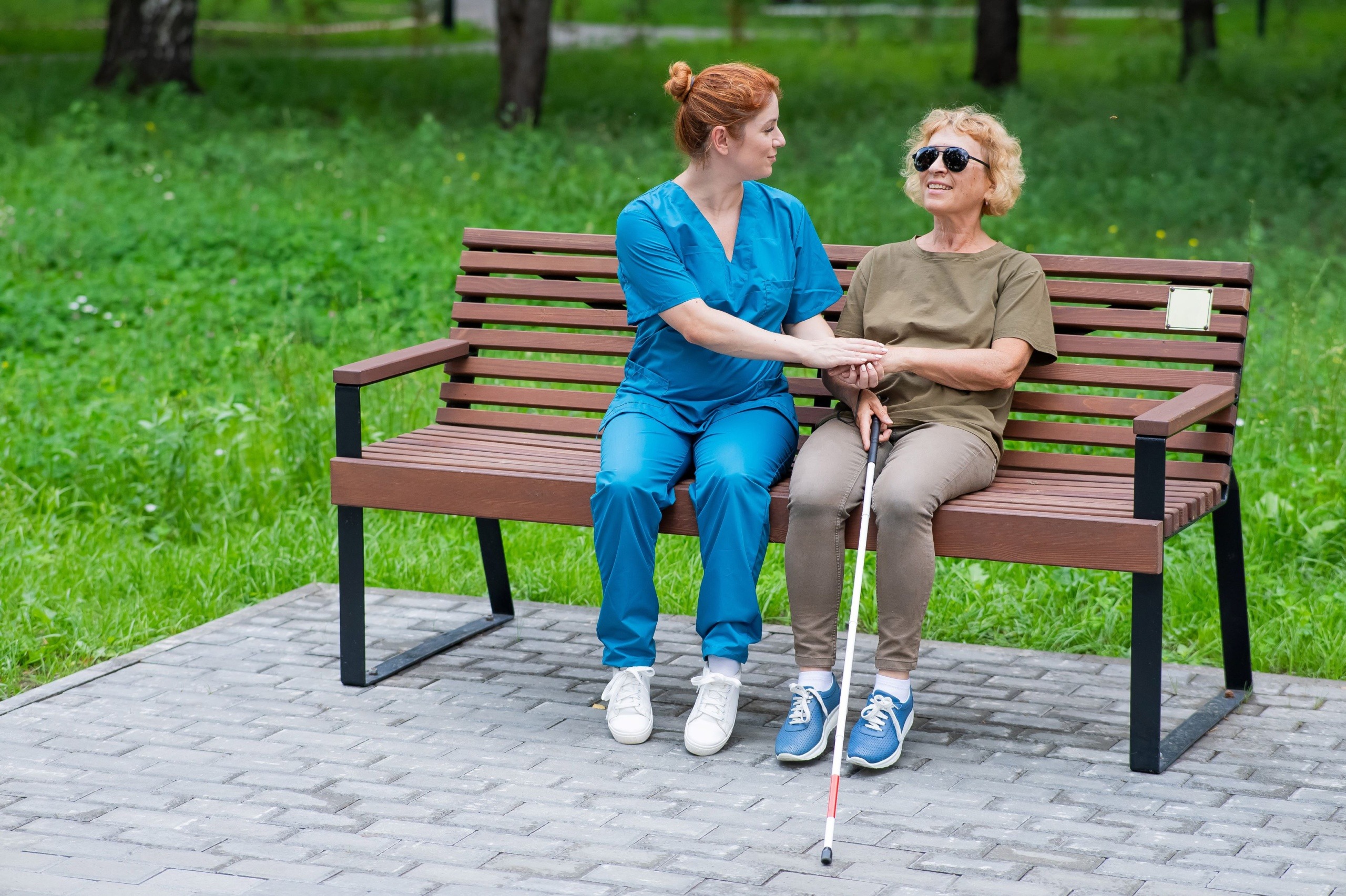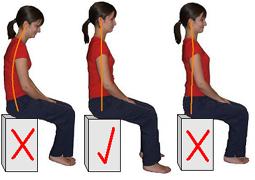Caring for visually impaired seniors requires a thoughtful blend of safety measures, compassion, and professional support. As vision loss becomes more common with age, many families wonder: How to help visually impaired elderly loved ones? The answer often lies in the specialized assistance of home care providers. From daily living support to fall prevention, home care professionals create a safe, engaging, and independent environment for seniors with blindness or low vision.
In this guide, we’ll explore how home care helps seniors facing vision loss, answer the most common questions caregivers and families ask, and highlight local care options such as home care in Morristown and surrounding New Jersey areas like Paramus, Passaic, Hackensack, Englewood, Woodbridge, Metuchen, and Edison.
How to Help Visually Impaired Elderly?
Helping visually impaired elderly individuals begins with understanding their unique needs. Vision loss doesn’t just affect physical mobility; it also impacts emotional well-being, independence, and confidence. Here are some proven ways to help:
- Modify the Home Environment
- Increase lighting with brighter bulbs and task lamps.
- Remove clutter, cords, and loose rugs to reduce fall risks.
- Use contrasting colors to highlight doorframes, stair edges, and furniture.
- Offer Daily Living Assistance
Seniors with vision loss often need help with cooking, medication management, housekeeping, and errands. Professional caregivers provide this support while maintaining the person’s dignity and independence. - Provide Emotional Support
Vision loss can lead to isolation and depression. A compassionate caregiver can encourage hobbies, conversation, and social outings that enrich life. - Encourage Safe Technology Use
Tools like screen readers, voice-activated devices, and large-button phones can make daily tasks easier. Caregivers can help seniors learn and use these resources.
What Does a Caregiver Do for a Blind Person?
When families ask, “What does a caregiver do for a blind person?” the answer is much more than basic supervision. Home care professionals are trained to address the specific needs of visually impaired seniors, including:
- Guided Mobility: Helping seniors navigate their homes safely, whether walking to the bathroom at night or moving around unfamiliar environments.
- Personal Care Assistance: Support with bathing, dressing, grooming, and medication reminders.
- Meal Preparation: Cooking nutritious meals and ensuring safe kitchen use without the risk of burns or accidents.
- Transportation: Accompanying seniors to medical appointments, shopping trips, or social activities.
- Companionship: Providing social interaction to reduce feelings of loneliness or anxiety.
- 24-Hour Home Care: For those requiring constant support, agencies offer 24-hour home care in Woodbridge, NJ, 24-hour home care in Bergen County, NJ, 24-hour home care in Morris County, NJ, and in many other surrounding communities.
How to Create a Safe Home for the Visually Impaired and Totally Blind?
A safe home environment is the foundation of independent living for visually impaired seniors. Families often ask, “How to create a safe home for the visually impaired and totally blind?” These steps make the biggest difference:
- Lighting Adjustments
- Install night lights in hallways and bathrooms.
- Use window coverings to minimize glare.
- Position lamps near reading chairs and work areas.
- Organize Consistently
- Always keep essential items in the same place.
- Label pantry items, medications, and personal belongings with large print or tactile markers.
- Improve Flooring Safety
- Remove trip hazards like small rugs.
- Secure carpets and wires.
- Add non-slip mats in bathrooms and kitchens.
- Highlight Stairs and Transitions
- Use brightly colored tape or tactile markers at stair edges.
- Install sturdy handrails.
- Emergency Preparedness
- Keep phones or voice-activated devices in multiple rooms.
- Teach seniors how to call for help in case of a fall or emergency.
Experienced caregivers can evaluate each home environment and recommend customized safety improvements.
How to Help People with Visual Impairment Maintain Independence?
Families frequently ask, “How to help people with visual impairment?” Beyond safety, independence and dignity are key. Here’s how home care supports these goals:
- Skill Building: Caregivers encourage seniors to maintain as much independence as possible by practicing safe mobility and daily tasks.
- Adaptive Tools: Large-print calendars, talking watches, audiobooks, and magnifiers allow seniors to continue enjoying favorite activities.
- Encouraging Engagement: Participation in social, cultural, or religious activities with caregiver support helps seniors feel connected and fulfilled.
- Professional Oversight: Many agencies provide registered nurses (RNs) or care managers alongside caregivers, ensuring health and safety are always monitored. This is a hallmark of agencies offering 24-hour in-home care.
Why Home Care is Essential for Seniors with Vision Loss
Vision loss can feel overwhelming for both seniors and their families, but professional home care transforms the experience into one of safety, comfort, and independence. Caregivers provide more than just physical assistance; they become trusted companions who reduce isolation, boost confidence, and ensure every senior’s home is a safe haven.
Whether you’re searching for short-term home care or 24-hour home care, the right care plan can make all the difference.
Conclusion: Benefits of Home Care Services for Visually Impaired Seniors in New Jersey
Supporting visually impaired seniors is about more than meeting basic needs. It’s about restoring independence, dignity, and joy in daily life. With professional home care, families can rest assured their loved ones are safe, supported, and living life to the fullest.
If your family is navigating the challenges of vision loss, consider reaching out to local home care providers in Morristown, Woodbridge, or your nearby New Jersey community. With the right caregiver by their side, your loved one can enjoy comfort, safety, and companionship at home.
Resources:
- Elder Care Strategies for Visually Impaired Seniors – Visiting Angels
- Caring for an Older Loved One With Visual Impairment – Right at Home




